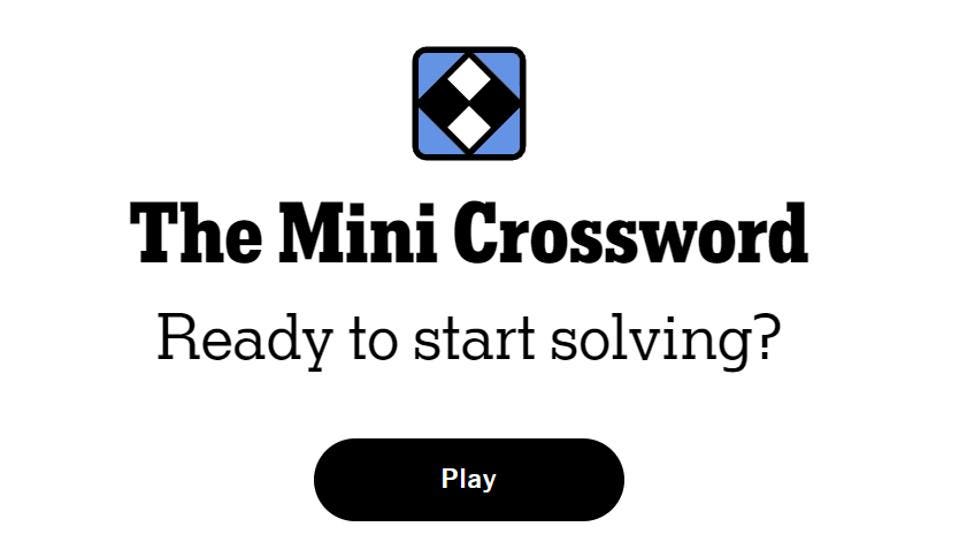Emotional maturity is an invaluable strength in a partner. Here’s how to tell if they’re truly … More
The presence of an emotionally mature partner is often understated, but the impact is anything but. They’re the ones who steady the ship, who stay soft when everything around them gets tough and who make emotional safety non-negotiable, irrespective of what relationship they’re a part of, whether it’s their family, friends or a partner.
A new study published this January in Current Psychology investigated emotional maturity and mental health outcomes among a sample of over 200 university students.
Researchers found that emotional maturity alone explained almost all of the variation in anxiety and depression levels, at 97% within the study model. Combined with effective communication skills, the cumulative effect was strongly predictive of improved mental health.
This indicates that emotional maturity is not merely about getting through relationships. It’s a key aspect of psychological resilience.
Yet, emotional maturity doesn’t necessarily arrive with age or time passing. It’s cultivated by gaining self-awareness and then intentionally applying that awareness by taking accountability, responsibility and being present, even when it’s hard, for yourself and others.
So, how do you know if you’re in a relationship with someone who is emotionally mature? Here are three unmistakable signs.
1. They Handle Emotions With Care
Emotionally mature partners take good care of their own emotions and remain sensitive to yours. You feel safe around them. You can speak your thoughts out loud without the fear of being judged or belittled, and express when you’re hurt without questioning whether it will be used against you.
During an argument, they don’t lash out or stonewall. They listen with curiosity instead of being defensive. They own their mistakes without blaming or feeling sorry for themselves. They use their words and actions thoughtfully and show up to understand rather than win against you.
For instance, suppose you’ve said, “I felt disregarded at the team dinner last night when you spent more time on your colleagues than with me.” An emotionally intelligent partner will not retort with, “That’s not the case, you’re being overly dramatic.” Instead, they might pause for a second and then inquire, “Can you help me see what made you feel that way?” They do not rush to defend themselves; instead, they take accountability where it’s due and genuinely make an effort to be fully present for your feelings.
A 2021 study published in Frontiers in Psychology investigated individuals’ management of emotions within close relationships. Participants wrote about two emotional conflicts: one with a parent and one with a romantic partner.
Researchers found that individuals scoring high in emotional intelligence employed strategies such as cognitive reappraisal — actively changing one’s perspective on a situation to reduce its emotional impact. They also used selective emotional suppression — opting not to express certain emotions when maintaining the relationship was more crucial than venting the emotion at that moment.
This emotional flexibility is a true sign of maturity. It’s not bottling up emotions or conflict avoidance, but understanding when and how to convey feelings in a manner that adds to the relationship, rather than undermining it.
2. They Know How To Communicate And Connect
Emotional maturity is not just reflected in how one handles emotions, but also in how one relates through them. Such partners communicate with purpose. They listen with compassion. And when necessary, they move towards the pain rather than away from it.
A 2017 study published in Couple and Family Psychology investigated the use of romantic competence — a blend of emotional awareness, mutual respect and self-regulation — in developing intimacy. The authors determined that women’s romantic competence impacted both partners’ capacity for expressing positive emotions that support closeness. In men, romantic competence had a greater influence on their own capacity for emotionally relating to the relationship.
When your partner is emotionally mature, communication feels like a two-way street. They don’t simply wait for their turn to talk. They ask good questions. They take a moment before answering. And they don’t interrupt challenging conversations with tension or deflection.
Additionally, they don’t interpret your boundaries as rejections. Rather, they interpret them as signposts to connection. They work with you, not over you. They know when to give you space and when to step in gently.
They also don’t weaponize people-pleasing. Emotionally mature people don’t use kindness, agreeableness or self-sacrifice as tools of manipulation, whether consciously or unconsciously. They don’t say yes just to avoid conflict and then hold resentment in silence. They don’t agree with you to gain approval only to later withdraw, explode or guilt-trip.
They aren’t overly nice because they fear rejection or want control over how others view them, and they don’t avoid honest conversations just to keep the peace because they know that isn’t healthy.
A mature partner also apologizes meaningfully — not because they wish the fight to cease, but because they wish to comprehend the rupture and avoid it in the future. They don’t repeat phrases merely to ease tension. They pause to think and repair. Because for them, resolution isn’t about stopping discomfort — it’s about restoring trust.
3. They Are Consistent With Their Support Every Day
A 2022 meta-analysis published in Personality and Individual Differences examined 90 effect sizes across 78 studies. Researchers found that emotional intelligence significantly predicted romantic relationship satisfaction. The more emotionally intelligent the partner, the more likely their partners were to report fulfilling, stable relationships.
Emotionally mature partners are reliable in their emotional presence, not only when things go south, but in the little, everyday moments where real intimacy is established. They do the small things that make you happy, such as putting on your favorite song while driving or ordering your favorite meal before you request it. They pay attention when you are uncomfortable and respond accordingly, without looking for an invitation.
Your well-being is important to them, not just as a duty, but as a priority. They are also aware of their own emotional boundaries. They don’t always need you to hold them up or be their emotional anchor. When they need space, they make it explicitly clear and manage their inner world themselves. They don’t project or punish; rather, they can manage their emotions.
Their kindness is not conditional. It’s not limited to only you or to when times are good. They show others the same respect they show you, even when your relationship becomes strained. Their character does not change with mood or situation.
Emotional maturity breeds safety. And from safety, everything else grows — intimacy, trust and long-term joy. Being with someone emotionally mature doesn’t mean your relationship will be free of fights, disagreements and misunderstandings. But it does mean that when there are problems, you’ll solve them as a team.
Curious how emotionally intelligent you are? Take this research-backed test to find out: Emotional Quotient Inventory









